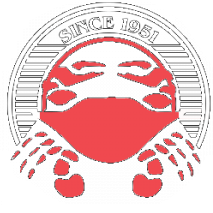Infidelity You Love Betrays You
Tracing your household tree is really an informative and rewarding hobby which teaches you about your forebears’ challenges, national backgrounds, jobs and contributions. Mastering the record of your household is motivational, as it could spark fascination with exploring a brand pay for an essay online new interest or browsing a dangerous place. There are also listings and other assets which can discover a lot of info for free although you’ll find professional genealogists who are able to enable you to track your family tree. Things You’ll Need Library card Recommendations Make a list of most of the ancestors you know of, and any applicable information for example their countries of origin as well as their entire names, death and delivery dates, where they existed about them. Manage these details in a which moves down in the earliest relative(s) towards the newest, connecting partners by outside lines, and connecting children with their parents by straight lines. As you discover more, abandon space within your data to add more items. Ask relatives for almost any additional information about the forebears on your chart along with your parents, along with other forebears they understand of. Entry a totally free genealogy site for example Household Tree Searcher or FamilySearch. Plug information out of your information in to the research grounds on their homepages to search for family trees or personal ancestors. Your search might return much more information regarding these relatives, and may uncover relatives that are additional not on your data.

Usage of data for any different objective will be deemed as being a break of commitment.
Visit with your site that is public to access death records and ancestry databases, census information, immigration records highly relevant to your loved ones tree search. Many public libraries offer ancestry databases such as History Quest Online and the Resource and Genealogy Master List (BGMI), together with regional paper racks. You will often require your library card quantity to register to these services, so that you and the collection program site on your particular state must go to to access its sources. Visit your public library or perhaps a nearby catalogue that is academic in-person to look at / and their microfilm or microfiche archives of papers that are old. In case you have forebears from your location, or a significant ancestor who would happen to be detailed in a national newspaper, you’re able to browse through these archives to learn their obituaries, marriage ads or delivery updates to find out more information regarding them, and perhaps understand other family members. A librarian will be able to assist you if you’re new to employing a microfilm viewer.









